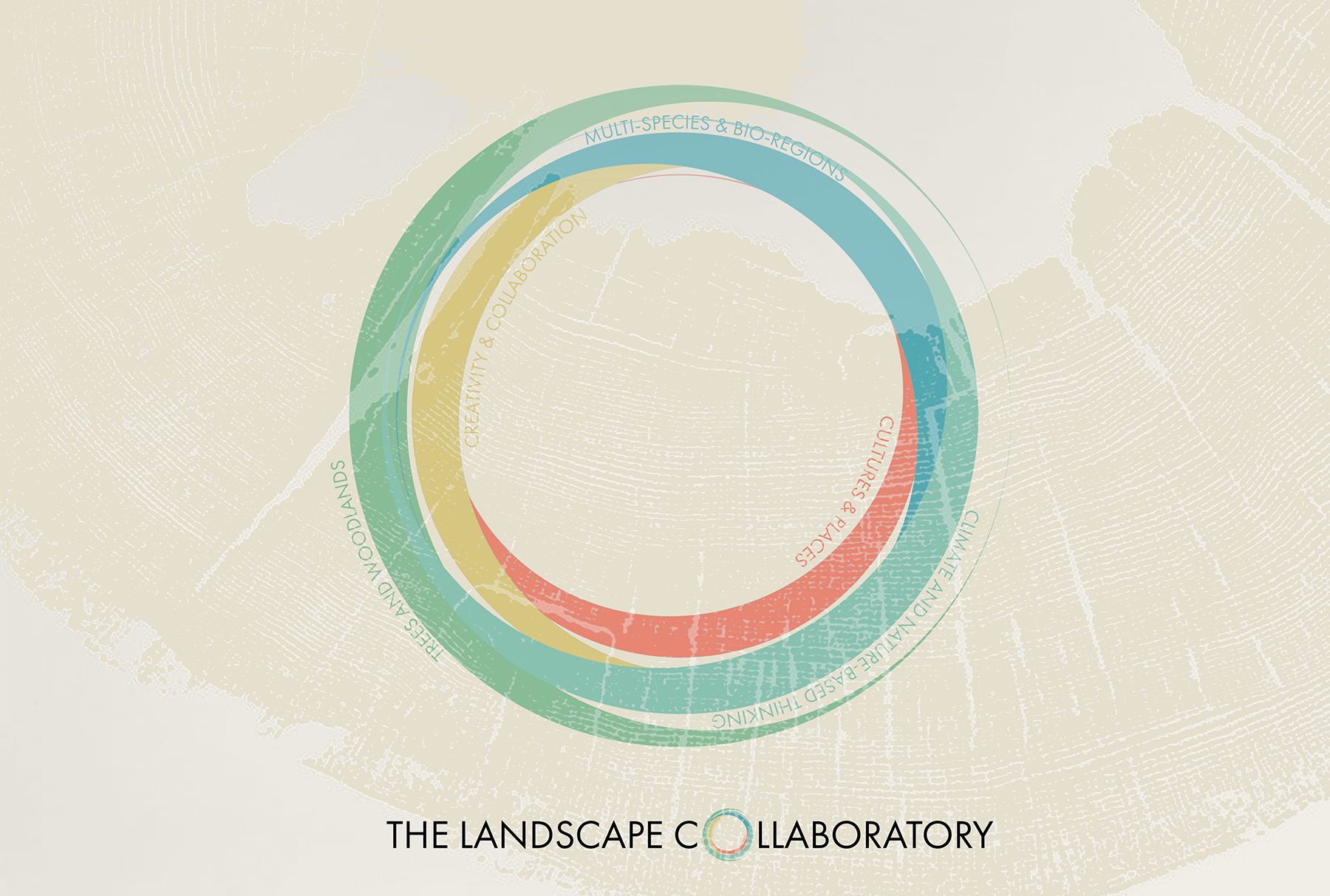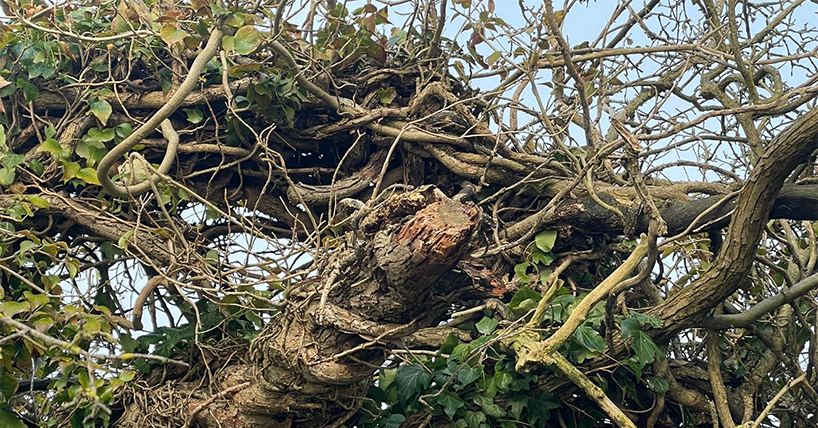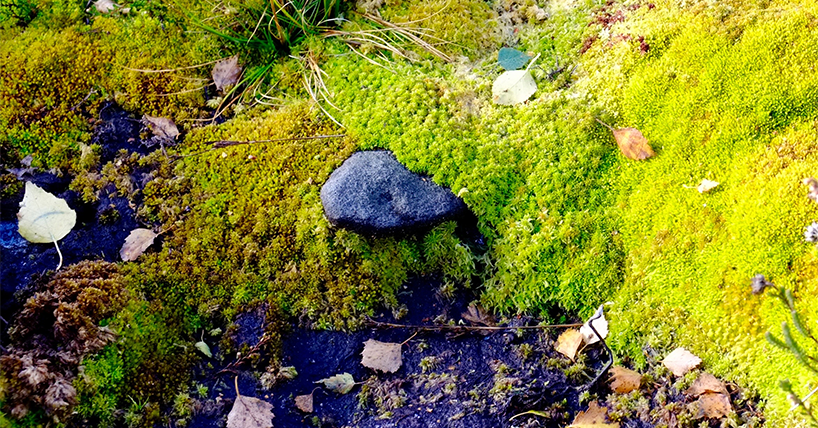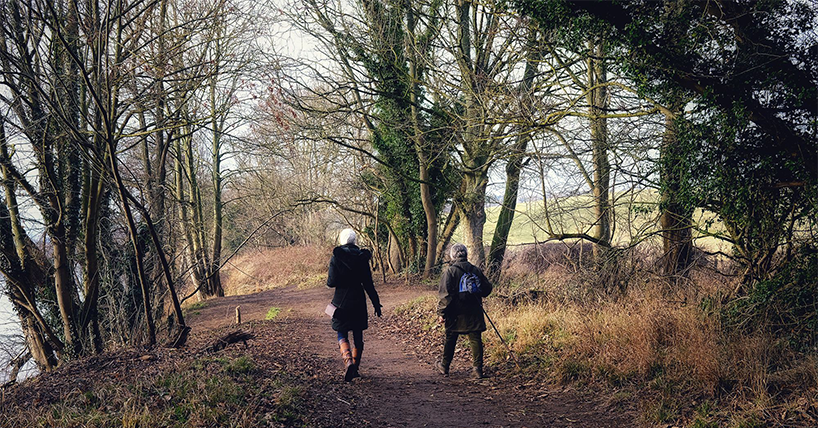The Landscape Collaboratory (TLC)
In TLC we use a range of research and engagement methods including creative practice, collaborative transdisciplinary and nature-based approaches. We aim to reach an international audience through our research publications and outputs, keynote and conference presentations, work with communities, professionals and policy makers, and through building funding collaborations and project partnerships.
Since the millennium, landscape research in APL has developed an international profile through work in transdisciplinary landscape planning, landscape ethics and design theory, Green Infrastructure (GI) planning, community forestry, coastal and water-based research, and editorships with Landscape Research. Our continuing focus on the development of innovative methodological and theoretical approaches and policy-relevant applied research has resulted in considerable work with UK government, environmental agencies, organisations and institutions in the UK and internationally. Even from the early days, our teaching was research-led and our PhD students are now leaders in many different countries in both academia and practice.
Members of TLC build on this background and reflect innovative and emerging areas of research based around investigating and addressing the critical landscape issues of our time. Whilst researchers with TLC have a strong tradition of international work, we remain fully engaged and grounded within the landscape issues of the North East of England, which continues to provide a rich inspiration and much data for innovative interdisciplinary research and projects as well as student work. We are working closely with the newly-formed University Centre for Landscape which includes all researchers across Newcastle University interested in landscape research.
The following five thematic groups provide the basis for our current research and the development of TLC, these themes are understood to be overlapping and mutually supporting and likely to change over time as our research and researcher base expands. The examples of our funded research and engagement projects indicate our interests and expertise in various areas of work related to these themes.





